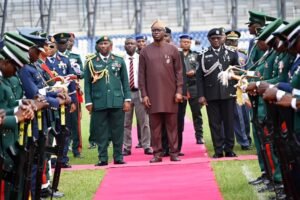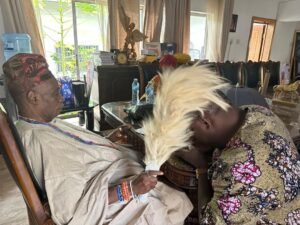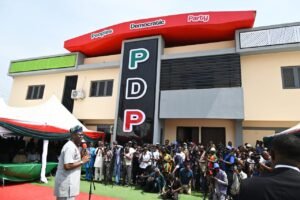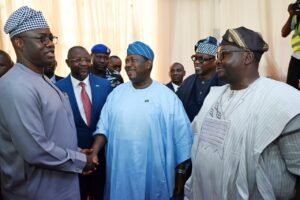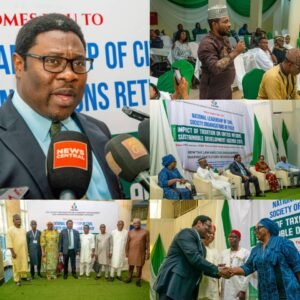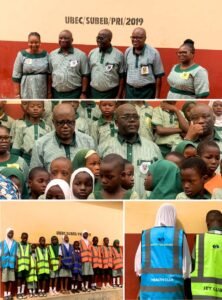Amnesty International Trains Journalists on Human Rights-Centered Reporting in Ibadan
By Temilade Aloko
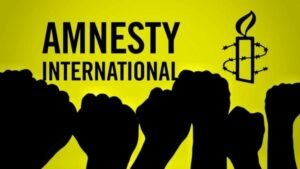
In a bid to strengthen the capacity of Nigerian journalists in championing human rights and democratic values, Amnesty International held a two-day media training in Ibadan themed “Strengthening Human Rights Reporting in the Southwest.”
The training took place on July 24–25, 2025, at BON Hotel Nest, Plot A, Oduduwa Street, off Adeyi Avenue, Old Bodija, Ibadan, Oyo State.
The workshop brought together journalists from across the Southwest—Ogun, Osun, Ekiti, Ondo, and Oyo States—representing various media organizations in print, radio, television, and digital platforms. The sessions were designed to build capacity in ethical journalism, investigative reporting, and human rights advocacy.
The training opened with remarks by Benedicta Ofili, setting the tone for a thought-provoking and highly engaging experience. This was followed by Michael Christian, who led participants through a pre-assessment session and a review of the training’s code of conduct, establishing a framework of responsibility and professionalism for the days ahead.
Anne Chukwunwike provided an overview of Amnesty International’s work in Nigeria, highlighting the organization’s commitment to defending freedom of expression, preventing abuses of power, and promoting justice. Veteran journalist and media trainer, Mr. Richard Akinnola, spoke on “The Evolving Role of the Journalist in Defending Democracy and Human Rights,” urging reporters to remain steadfast in their commitment to truth and democratic values, especially in times of repression and misinformation.
Also speaking on “Ethics in Practice: Upholding Integrity in Reporting,” Dr. Kabiru Danladi stressed the need for media practitioners to maintain credibility, impartiality, and responsibility in their reporting—principles that are especially vital when covering sensitive human rights issues.
Dr. Arthur-Martins Aginam introduced participants to the topic “The Journalist as a Human Rights Advocate (Part One)” on the first day and continued his deep-dive into the topic on day two, calling on journalists to embrace their roles as voices for the vulnerable and marginalized in society.
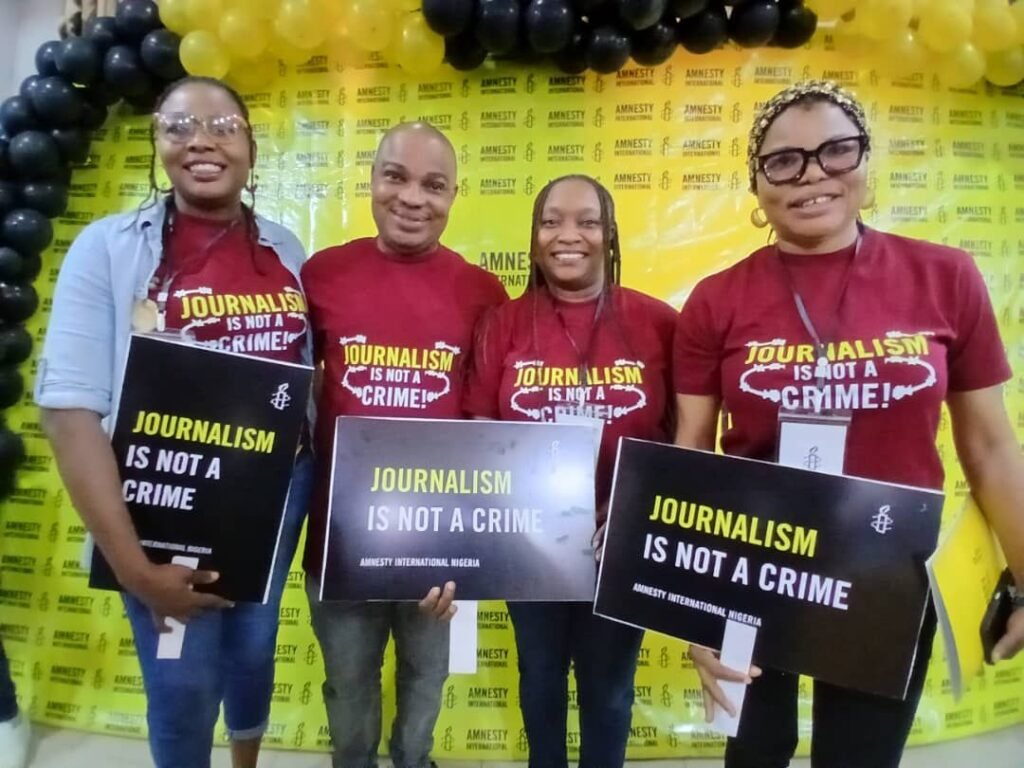
Another high point of the training was a two-part session delivered by award-winning investigative journalist Fisayo Soyombo on “Investigative Journalism in a Climate of Impunity.” He shared real-life undercover experiences, outlining the rigors of the investigative process, the importance of evidence-based reporting, and the personal integrity required to carry out impactful journalism. Renowned for his courageous undercover investigations, he laid bare the risks, ethics, and techniques of investigative reporting, insisting that any journalist treading this path must be disciplined, principled, and deeply committed to truth.
On the second day, Dr. Princess Olufemi-Kayode delivered a pivotal session titled “Journalism with a Gender Lens: Protecting Rights, Shaping Narratives,” urging journalists to challenge stereotypes and adopt inclusive reporting. Her session focused on ensuring journalists report on human rights issues in a way that is fair, balanced, and free of bias, with emphasis on dismantling harmful stereotypes and ensuring inclusive narratives for all groups.
The training sessions were highly interactive, giving journalists the opportunity to share field experiences, ask critical questions, and recalibrate their approach to reporting on human rights.
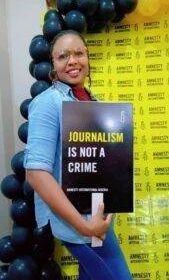
A recurring message from all facilitators was clear: journalists must embrace advocacy and ethical storytelling as tools for building a just society. They were also encouraged to be fair, balanced, and fearless in dismantling harmful narratives and reporting truth to power.
The training culminated in the presentation of certificates of participation, marking the end of a transformative experience that not only built capacity but also reignited passion for human rights journalism.


